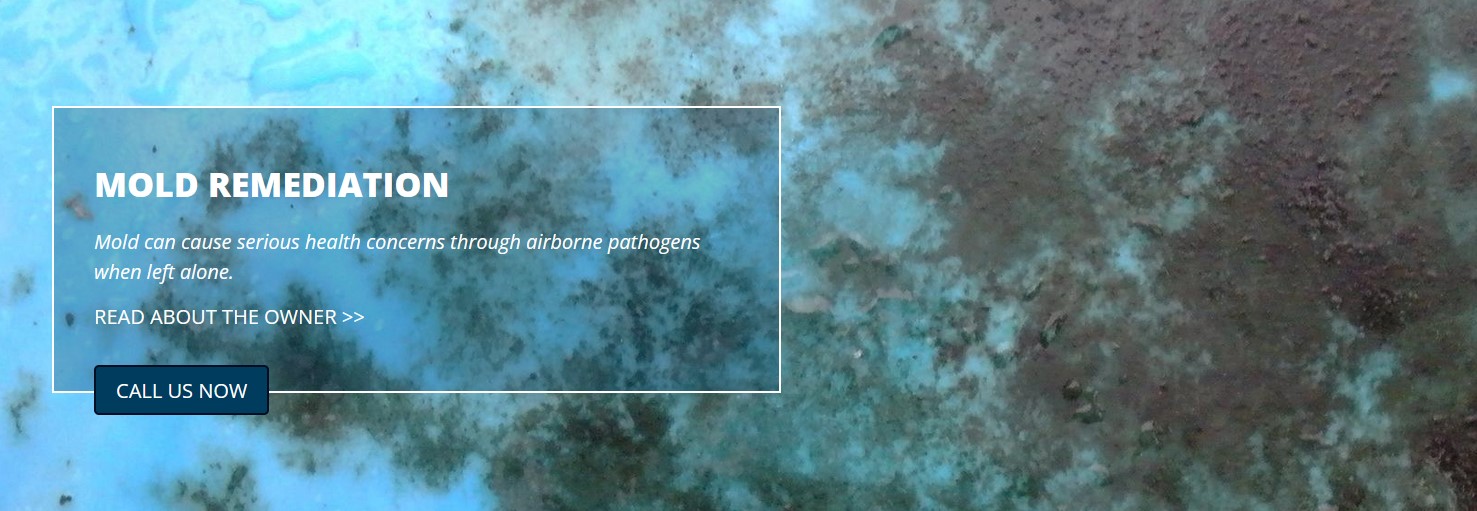
Mold can pose a health problem, but what most people do not know is that not all molds are toxic. Certain mold in the home can be harmful to the health of inhabitants especially for people with an allergy, a weakened immune system, or an existing respiratory issue. Thanks to mold remediation services, dealing with mold in the home is easy.
Here are the common health problems associated with overexposure to mold growth in the home.
Breathing problems
Mold growth in the home can result in the spread of cells, spores, and unstable organic compounds in the air. They can produce allergens, irritants, and mycotoxins. These can be toxic to people who are dealing with underlying health issues or have become sensitive to mold.
Also, dampness is a sufficient condition for breaking down certain items. Once this happens, the volume of particles in the air increases.
Anyone who has respiratory issues will be irritated by these compounds when they breathe in the already contaminated air. Asthmatic patients and those with chronic lung conditions are major victims of mold in the home.
Allergic Reaction
Anyone who is allergic to mold will definitely react when around it. Symptoms of mold allergies include itchy throat, itchy nose, runny nose, watery eyes, and sneezing.
Odds are high that people with asthma and mold allergy will suffer an asthma attack when staying in a mold-infested area.
Aspergillosis
Aspergillus is a type of mold that should not be treated lightly as it has a great potential of causing a serious health problem. Of course, certain people can breathe in this fungus and still have their health intact. But this can’t be the same with people with a weakened immune system or an existing respiratory issue. Long exposure to aspergillosis can cause serious health problems. This fungus comes in different types including
- Allergic Aspergillus sinusitis: this causes a runny nose and sometimes headache
- Chronic pulmonary aspergillosis: Health symptoms include difficulty breathing, cough, and weight loss
- Aspergilloma: Symptoms include respiratory issues and severe cough
- Allergic bronchopulmonary aspergillosis (ABPA): This affects the lungs and can also cause difficulty in breathing
How to Control Mold Growth in the Home
One of the most effective ways to control mold growth in the home is to fix moisture issues. Once this is done, rest assured that your home will be mold-free. In addition to this, you should learn to keep the home clean. More so, ventilation plays a key role in mold prevention.
What makes your home humid? These include water leaks, moisture in the air, poor ventilated building, and the breath of people and pets.
So how do you reduce humidity levels in the home?
Some of the solutions include
- Fixing water leaks and spillage as quickly as possible
- Reducing moisture levels
- Leaving your bathroom and basements free of carpet
- Regular cleaning
- Proper ventilation
Preventing mold growth in the home can seem like a herculean task, but regular cleaning and wiping can reduce the risk of it appearing or getting worse.